Alexandria City Public School Educators Learn about Central American History and Literature
For the past two years, the Alexandria City Public Schools (ACPS) has invited Teaching for Change to provide educators with a three-part professional development course on teaching about Central America. To our knowledge, Alexandria is the only public-school district in the nation providing educators with a course on Central American history and culture.
The resources from Teaching for Change's campaign to “Put Central America on the Map in Schools,” were used to structure the course for Alexandria City Public Schools.
We began with the Central America Meet and Greet. In this lesson, educators took on the role of a figure who was important to the history and culture of Central America. Each person was given a description of their character and used this information to engage in a conversation with other individuals in the room. Participants gain three things from this activity, (1) they learn about different historical figures important to Central American history, (2) they begin to develop an understanding of how the United States (U.S.) was involved in Central American politics, (3) they begin to understand the conditions that led to the mass migration north from Central America.
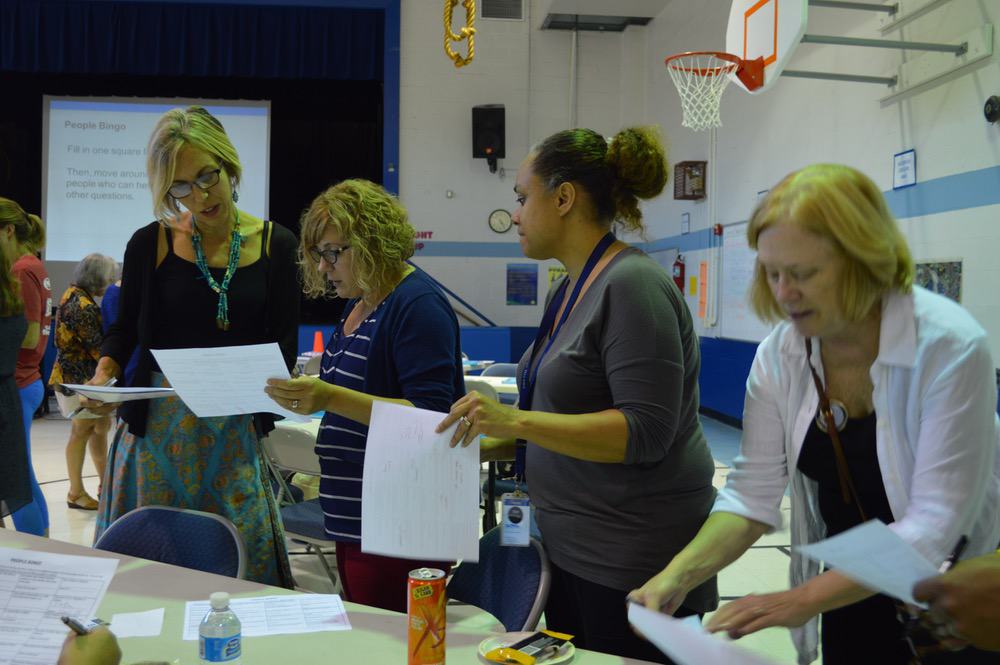
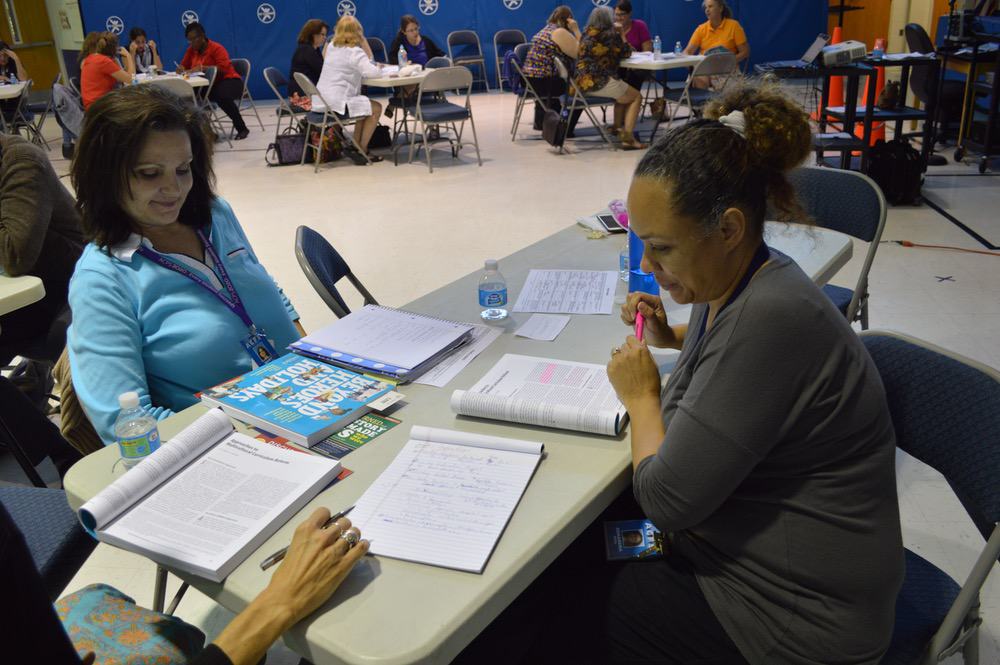
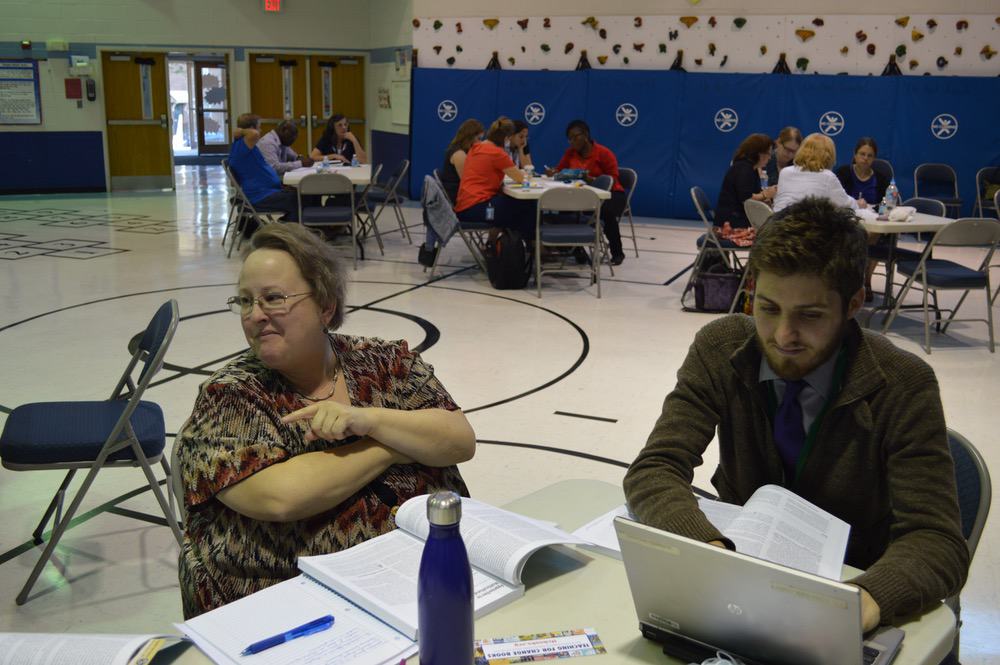
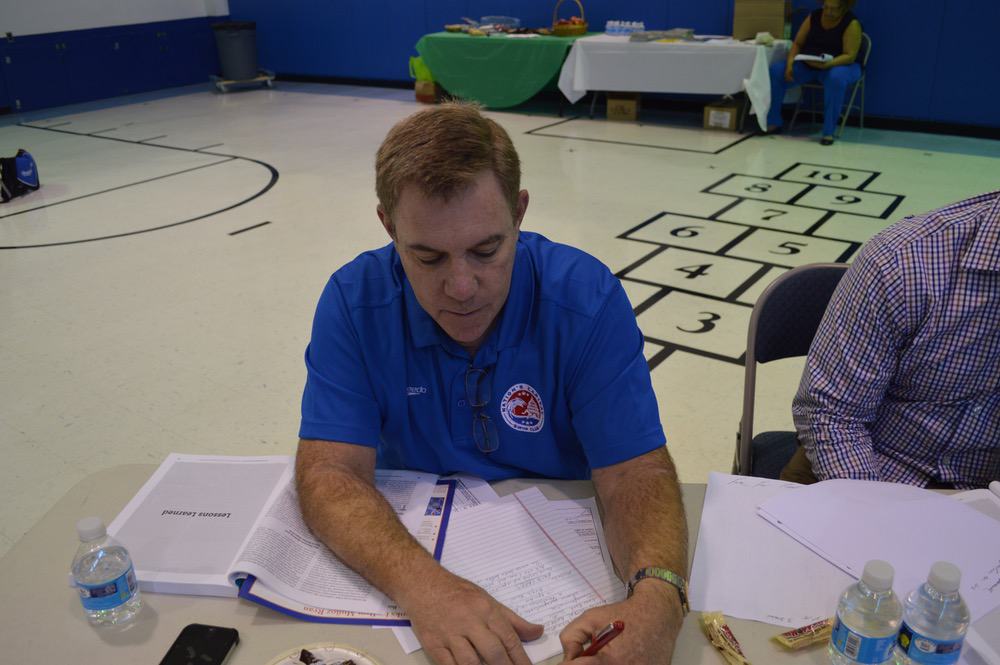
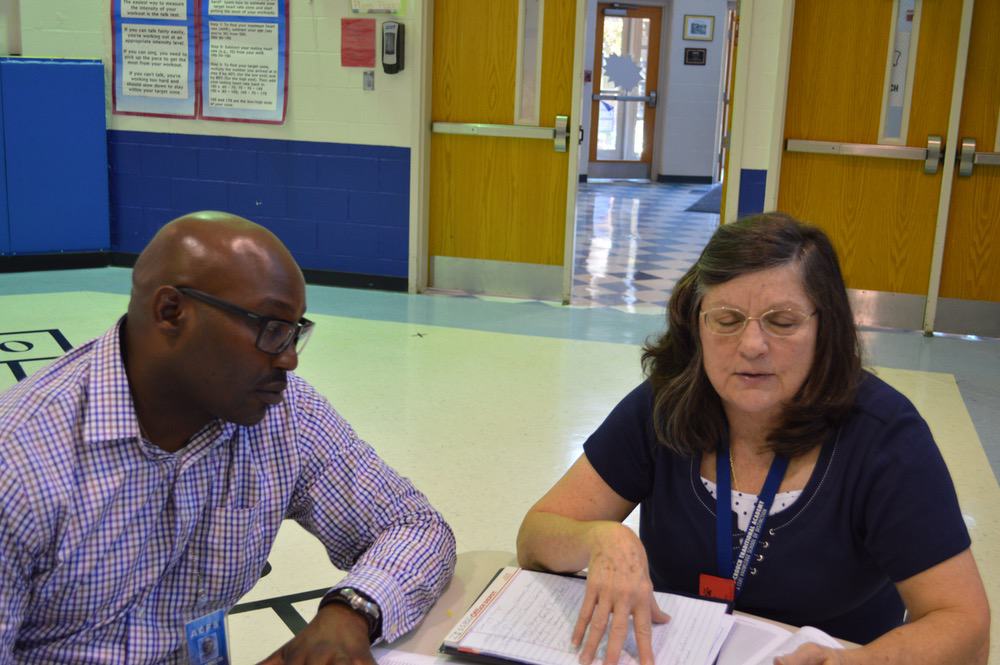
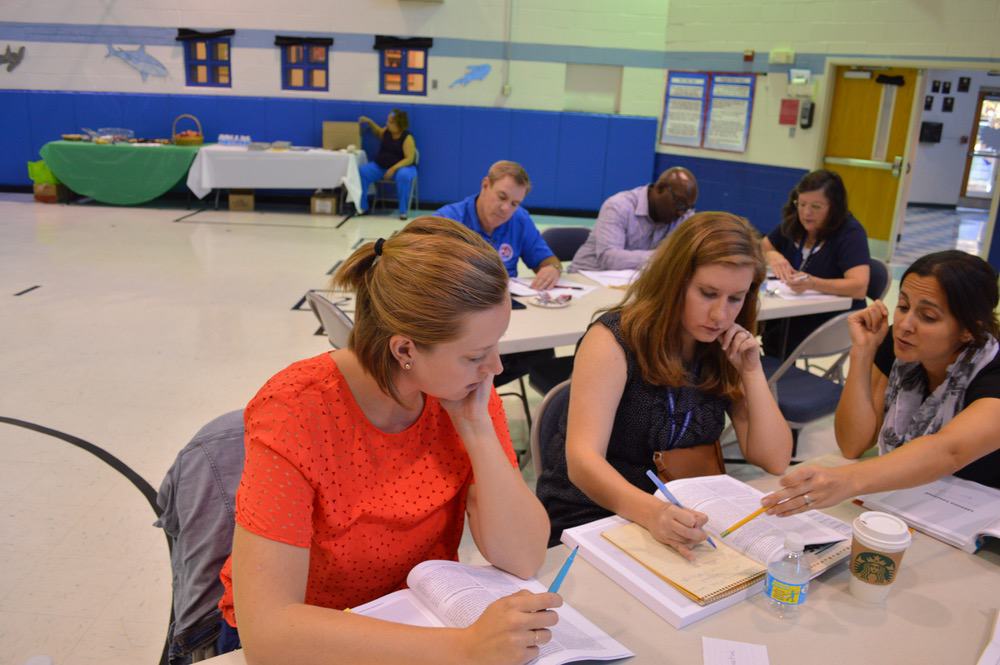
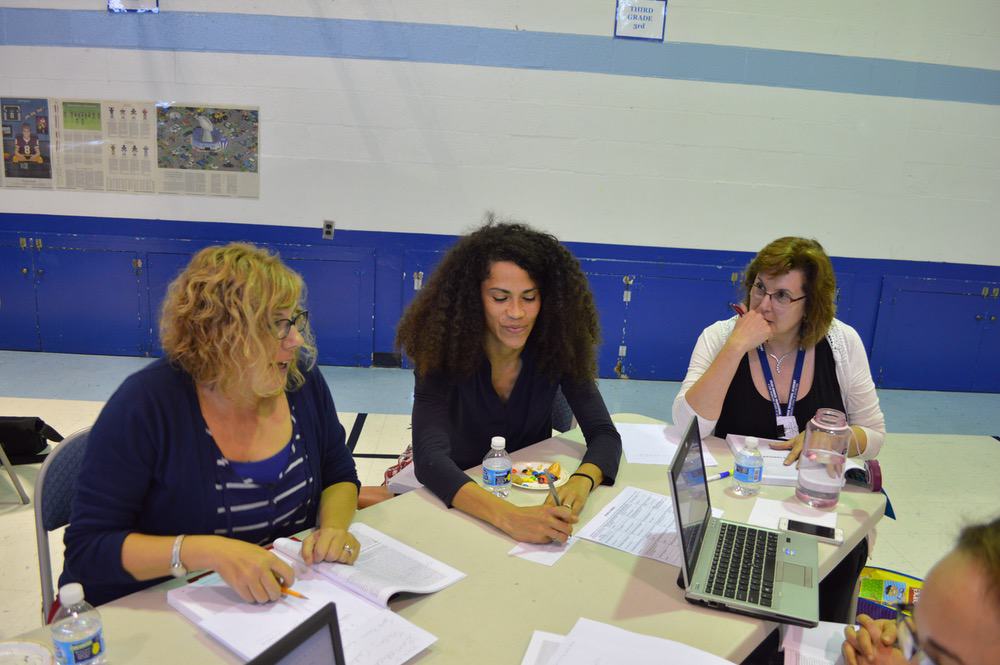
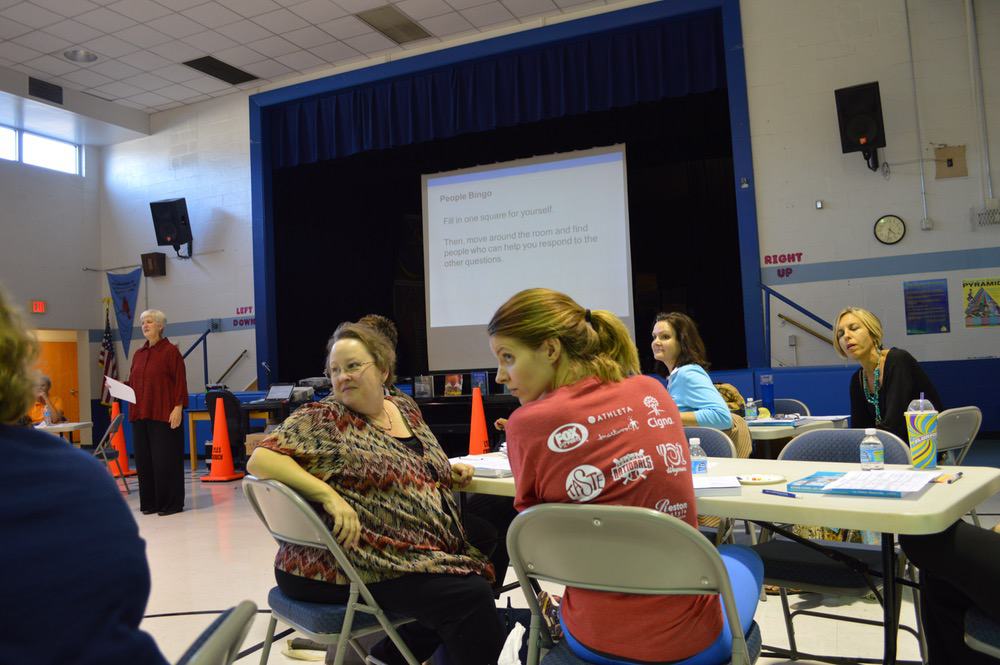
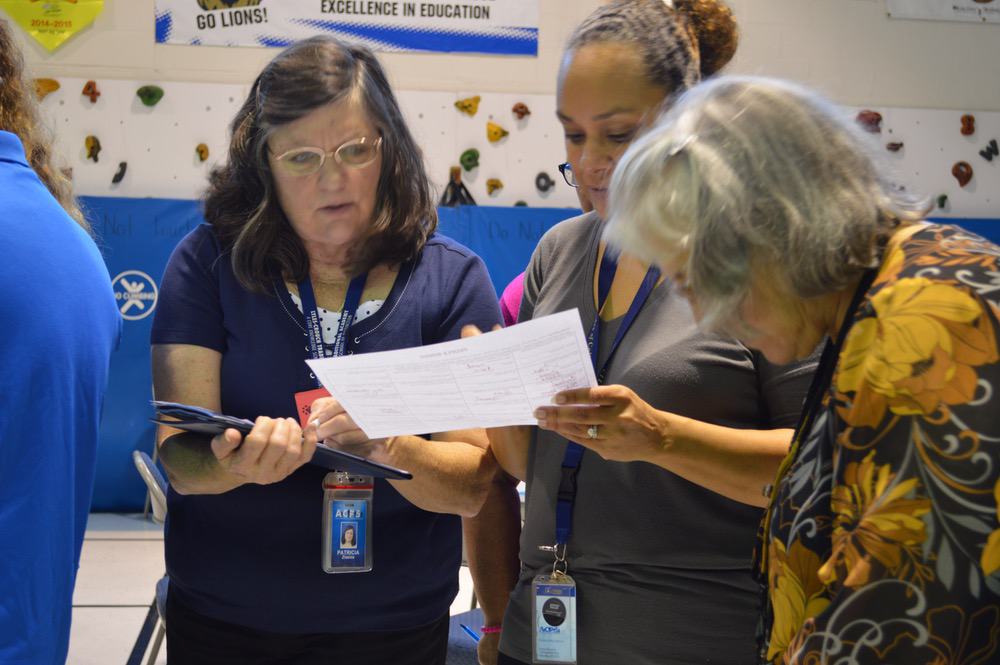
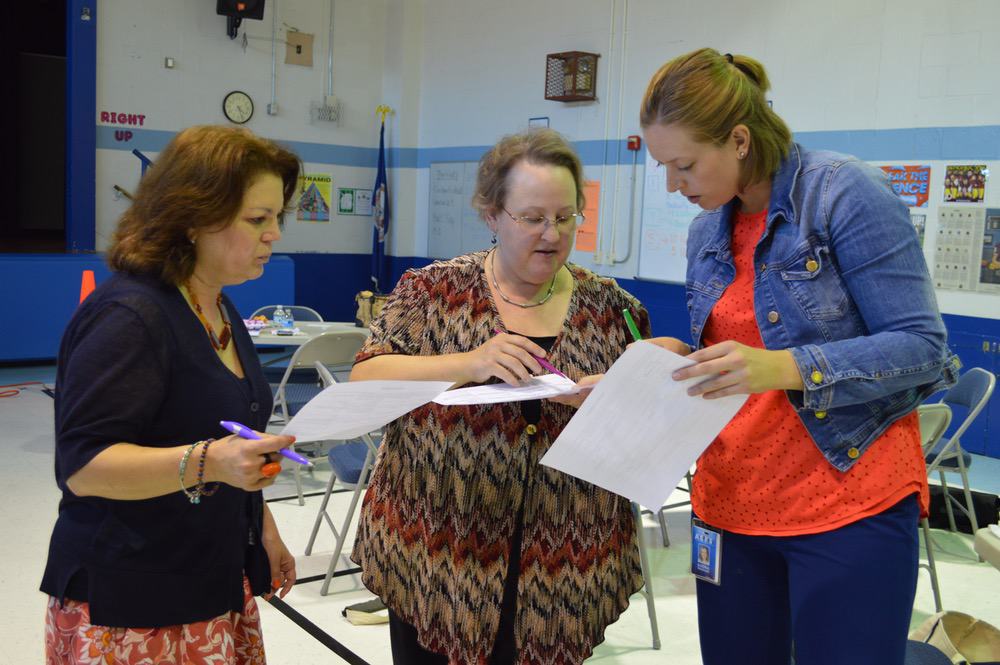
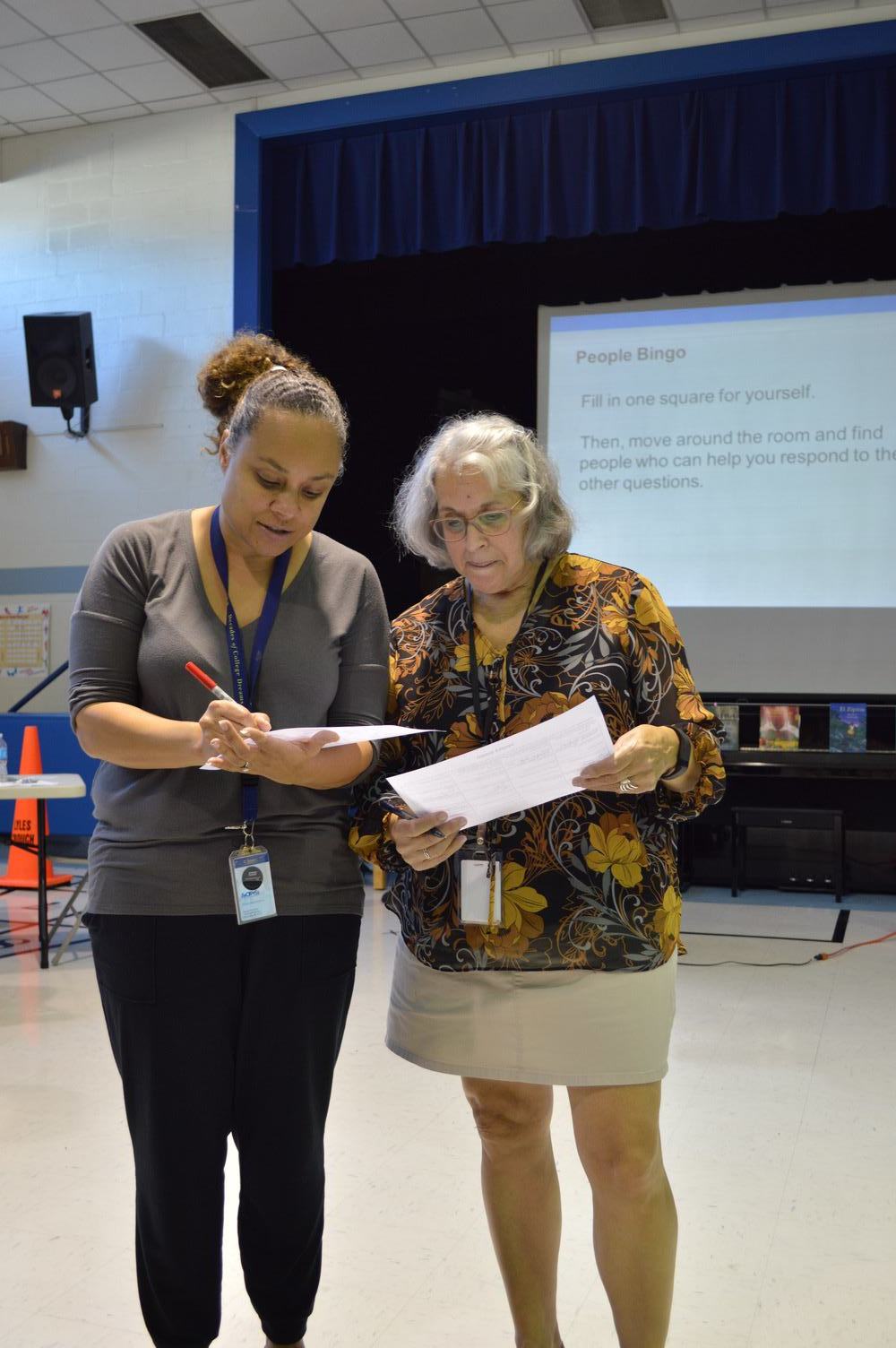
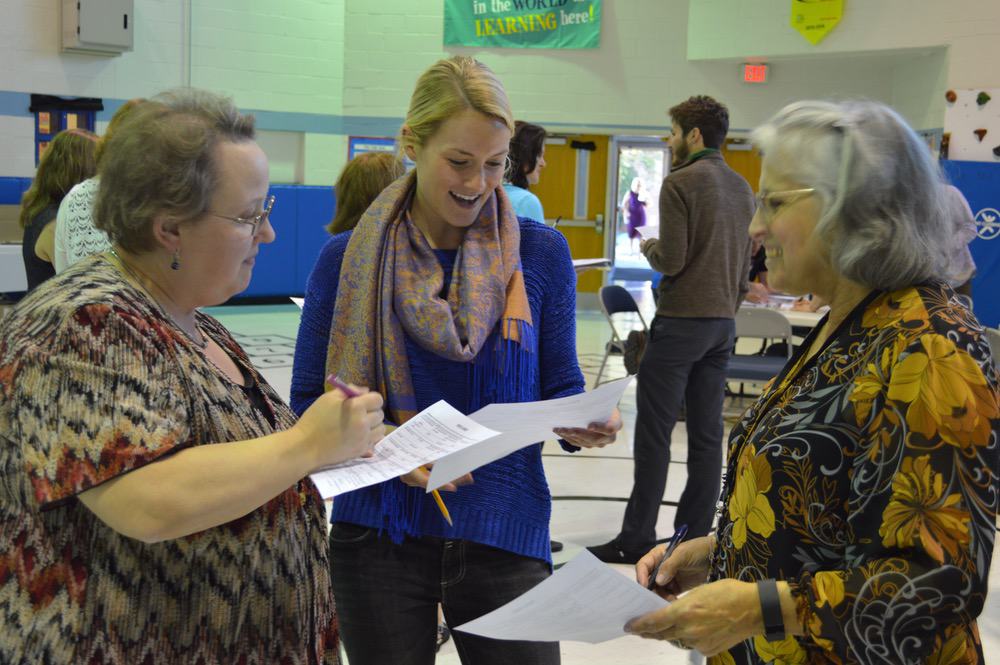
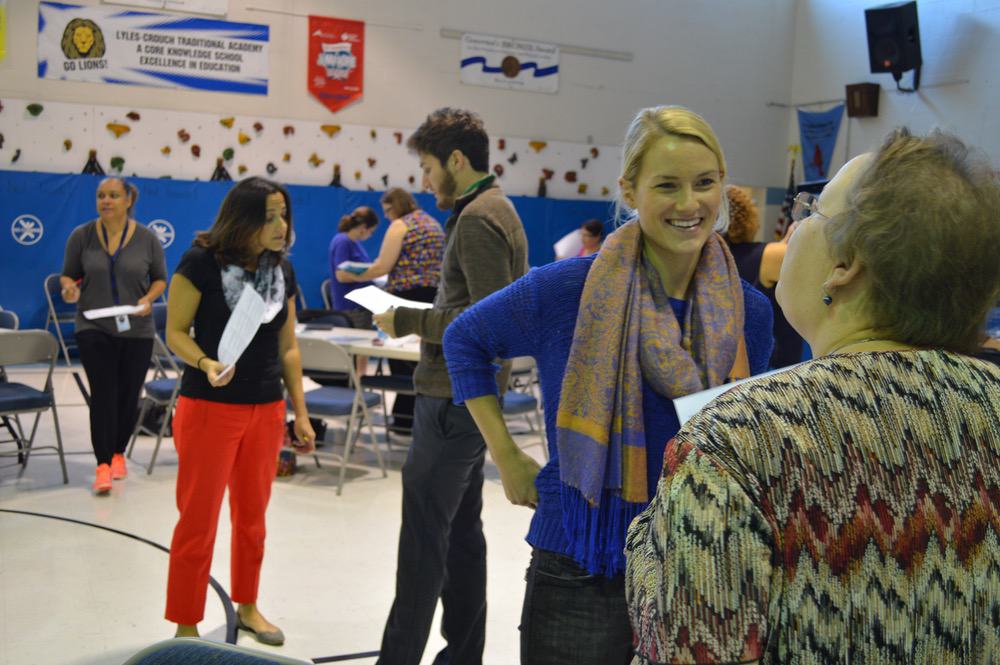
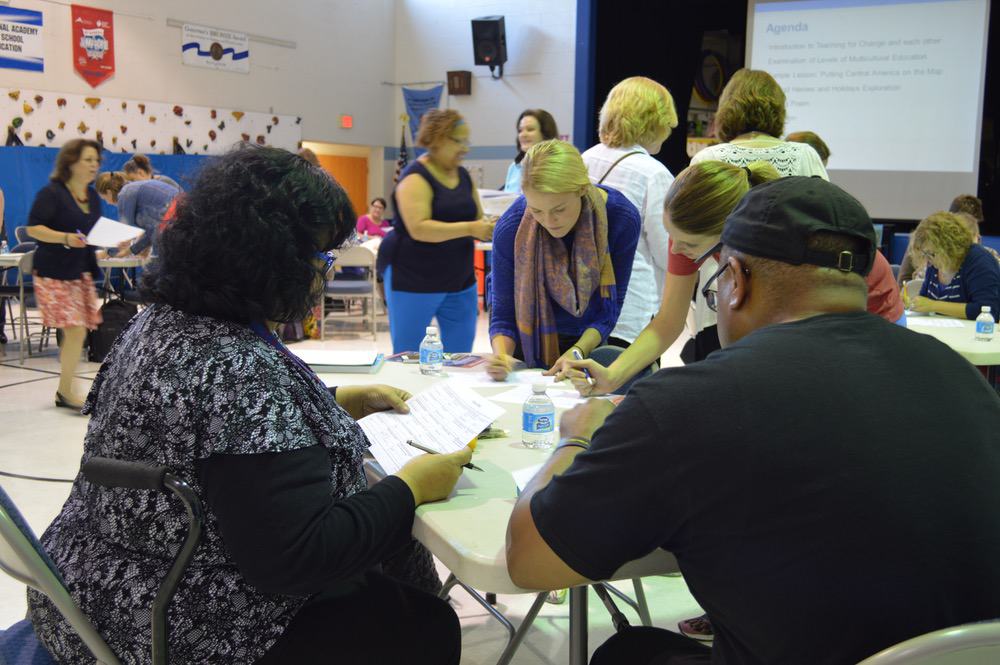
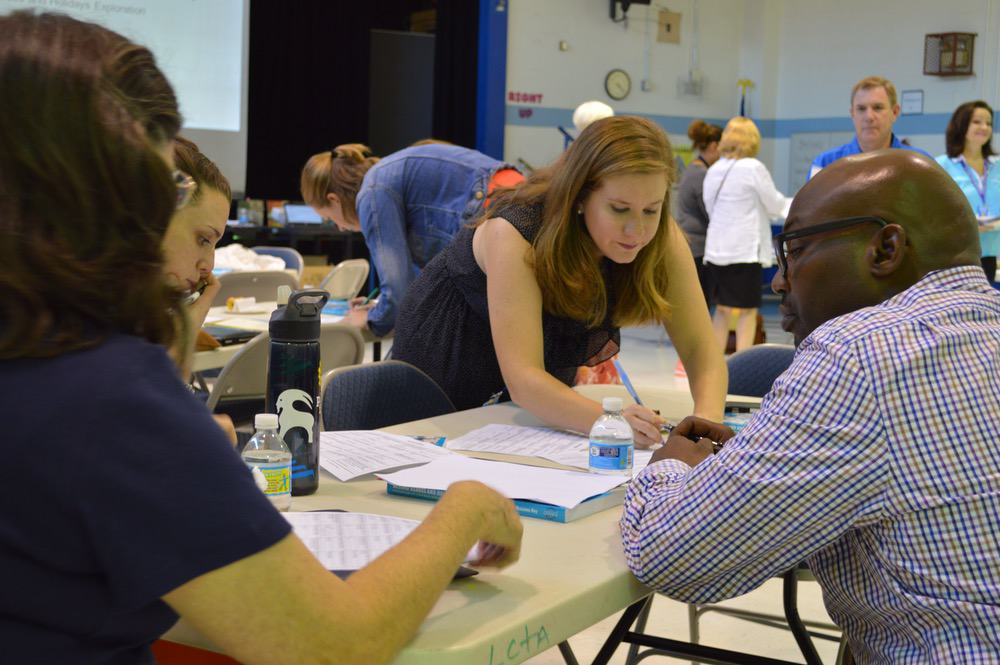
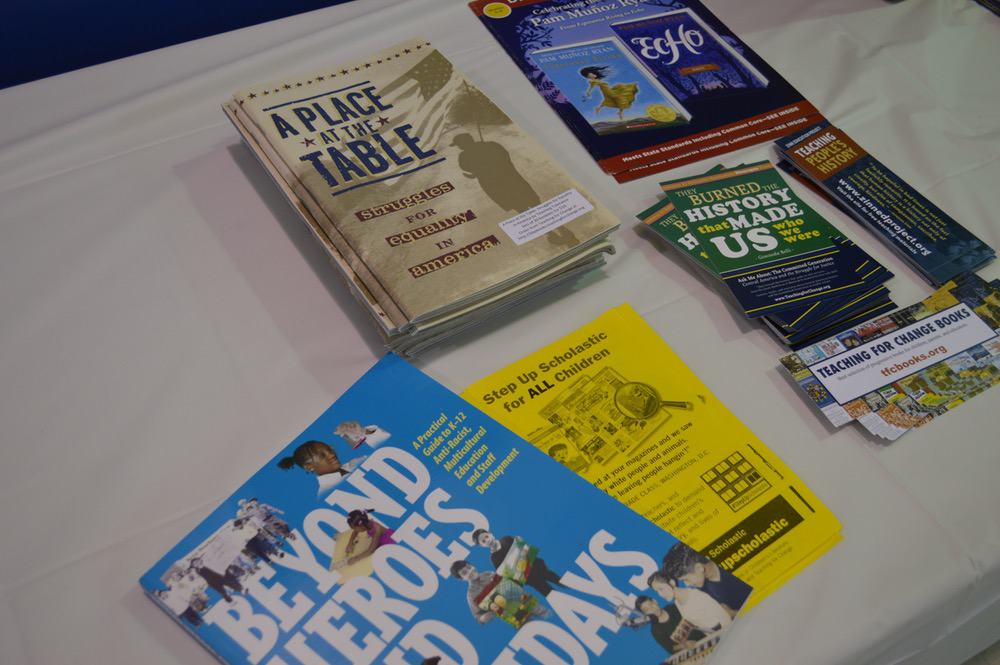
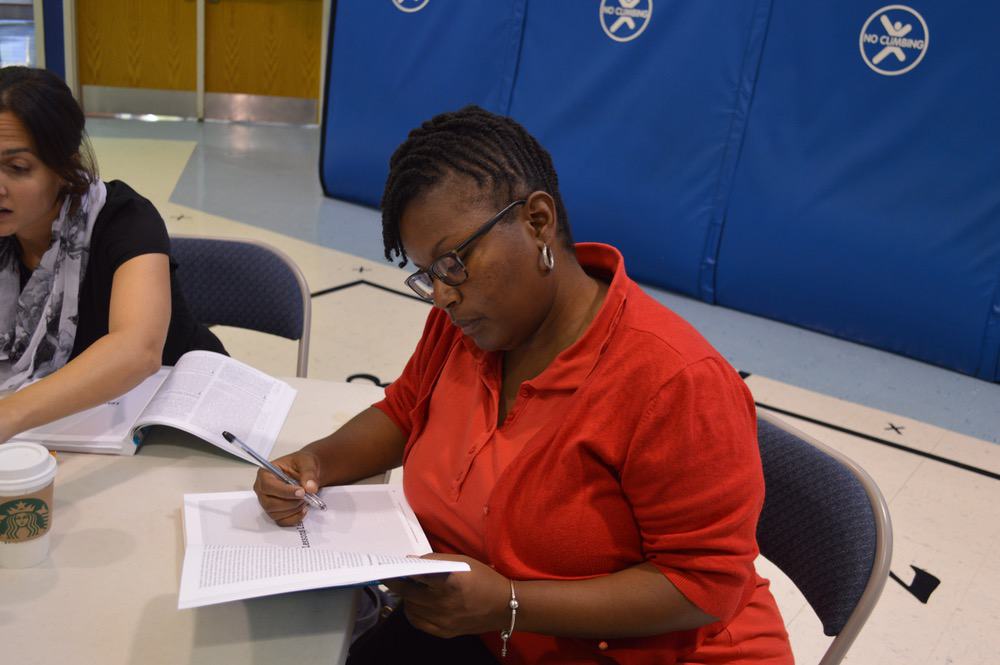
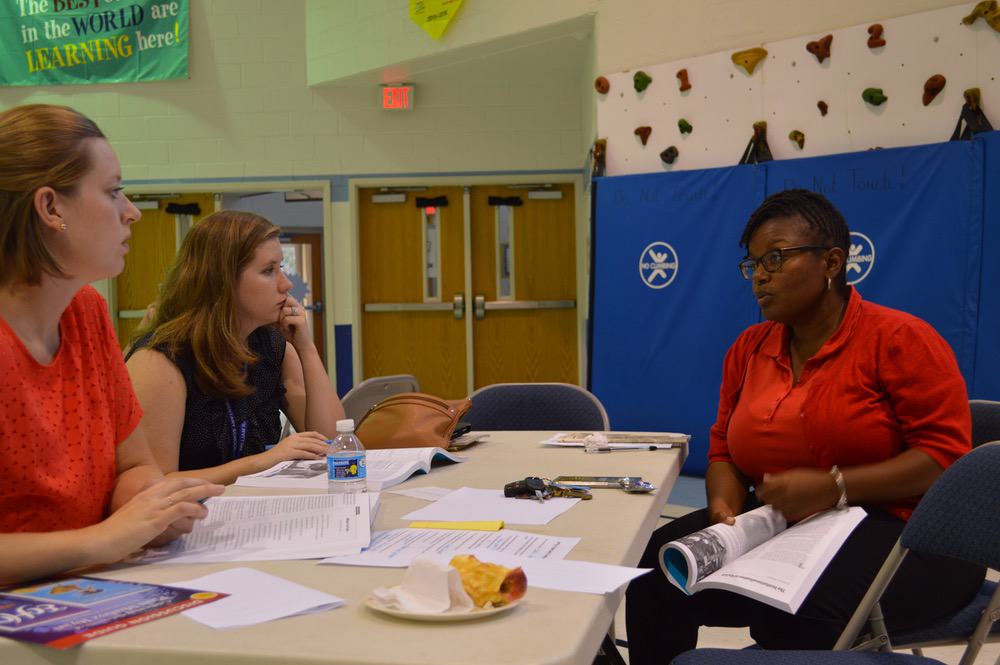
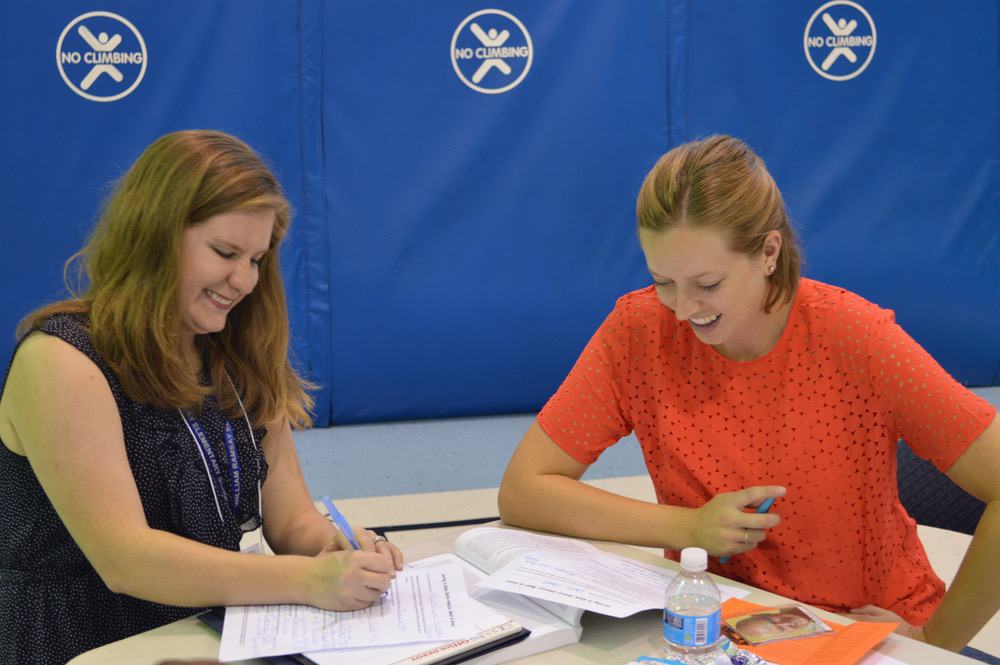
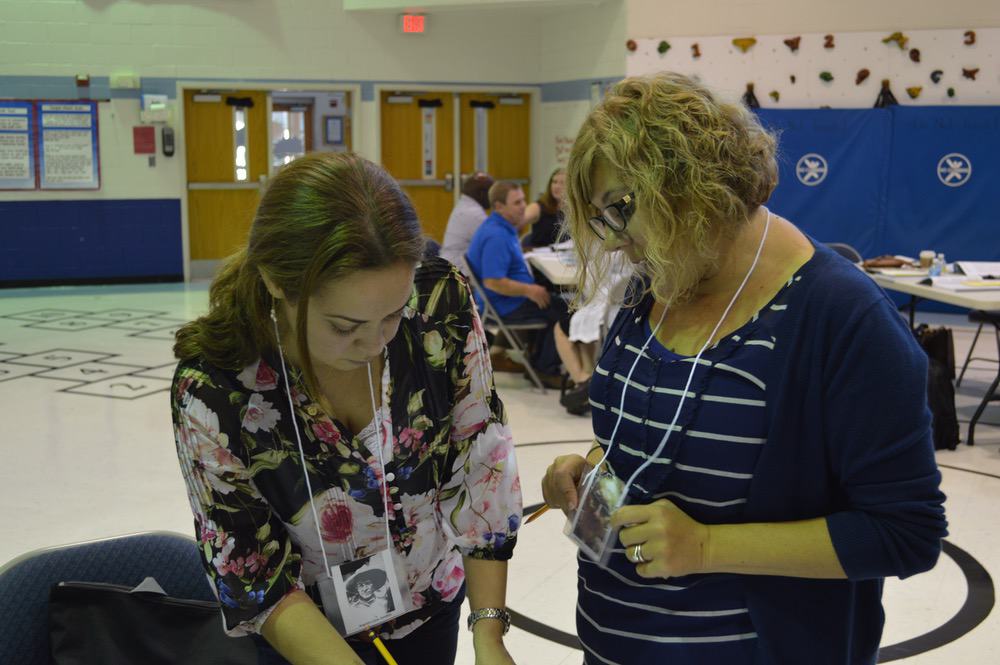
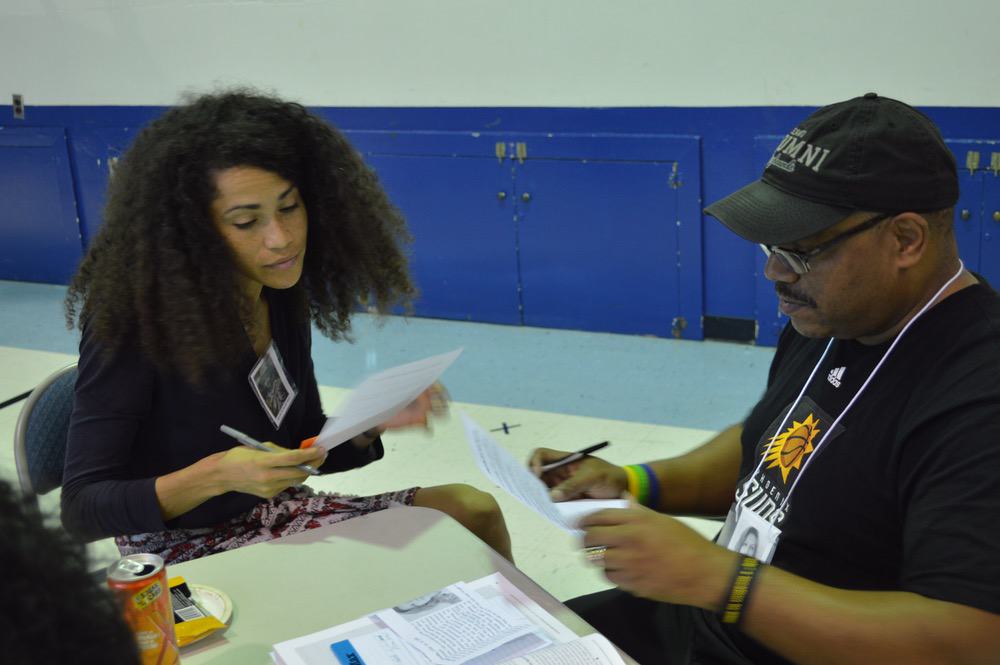
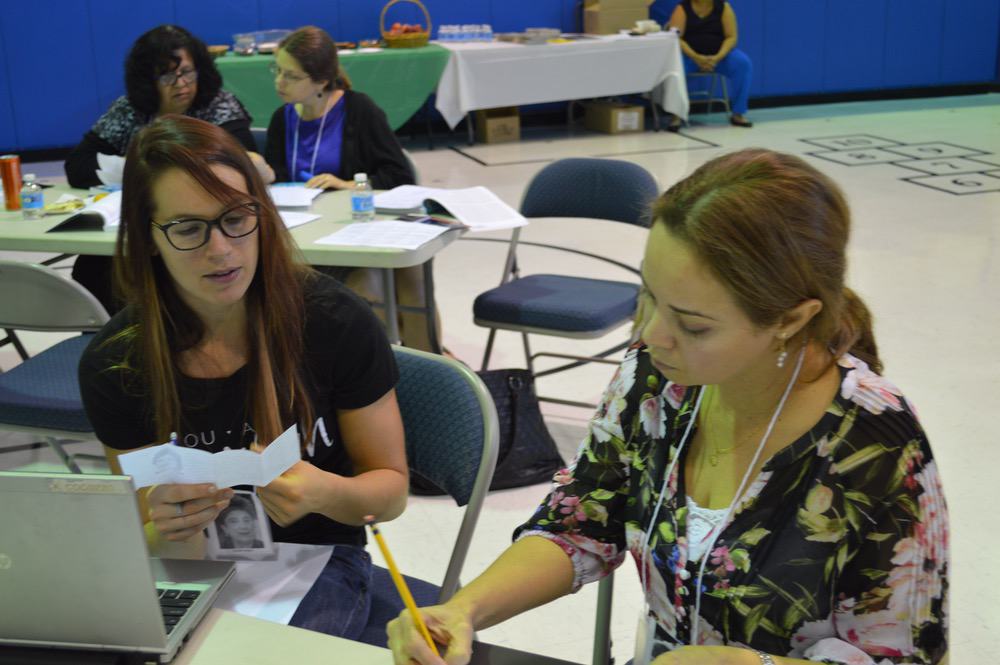
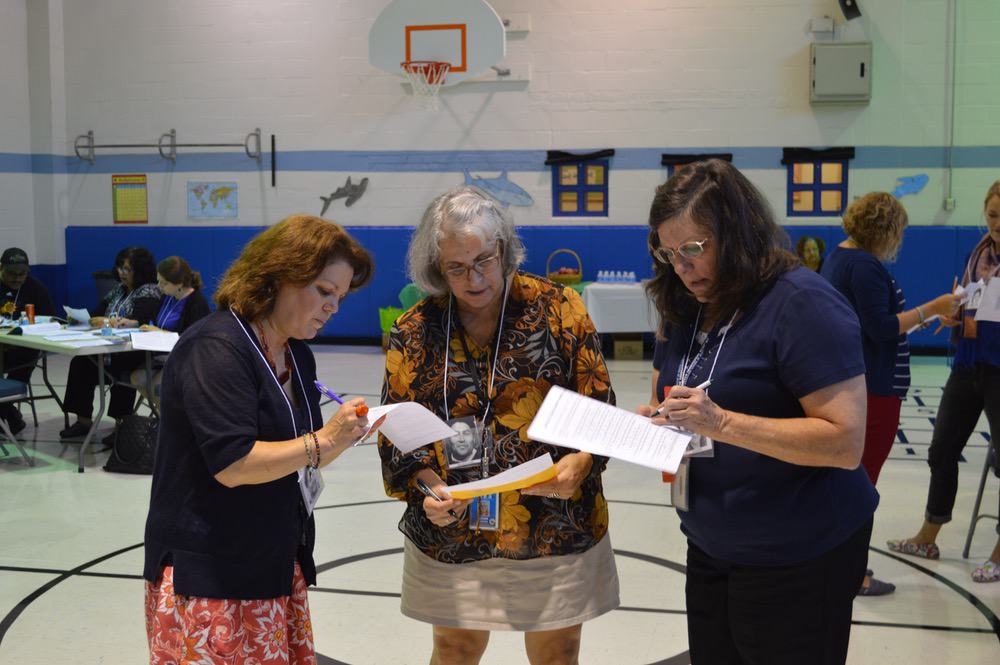
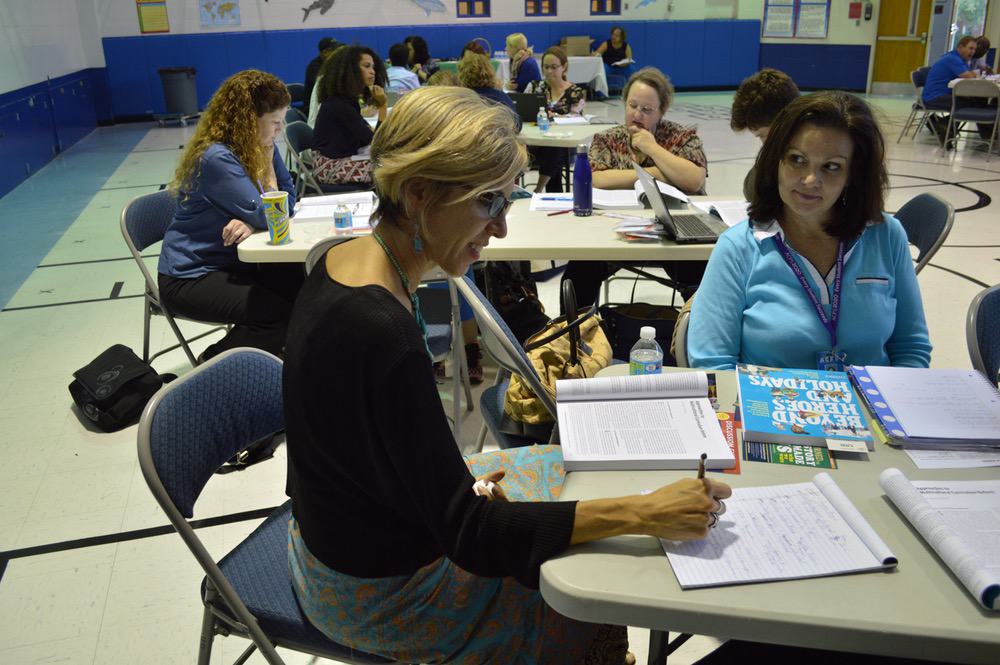
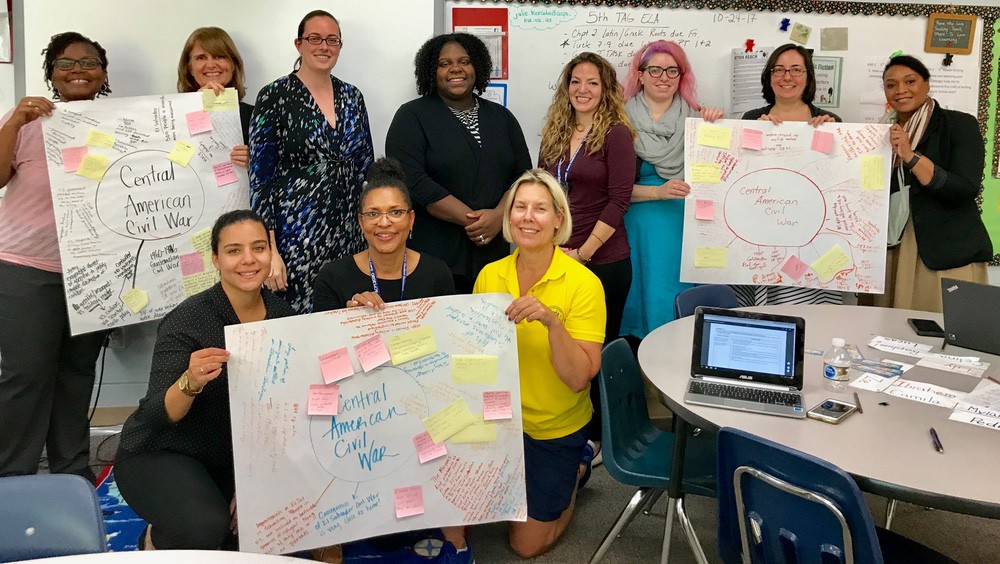
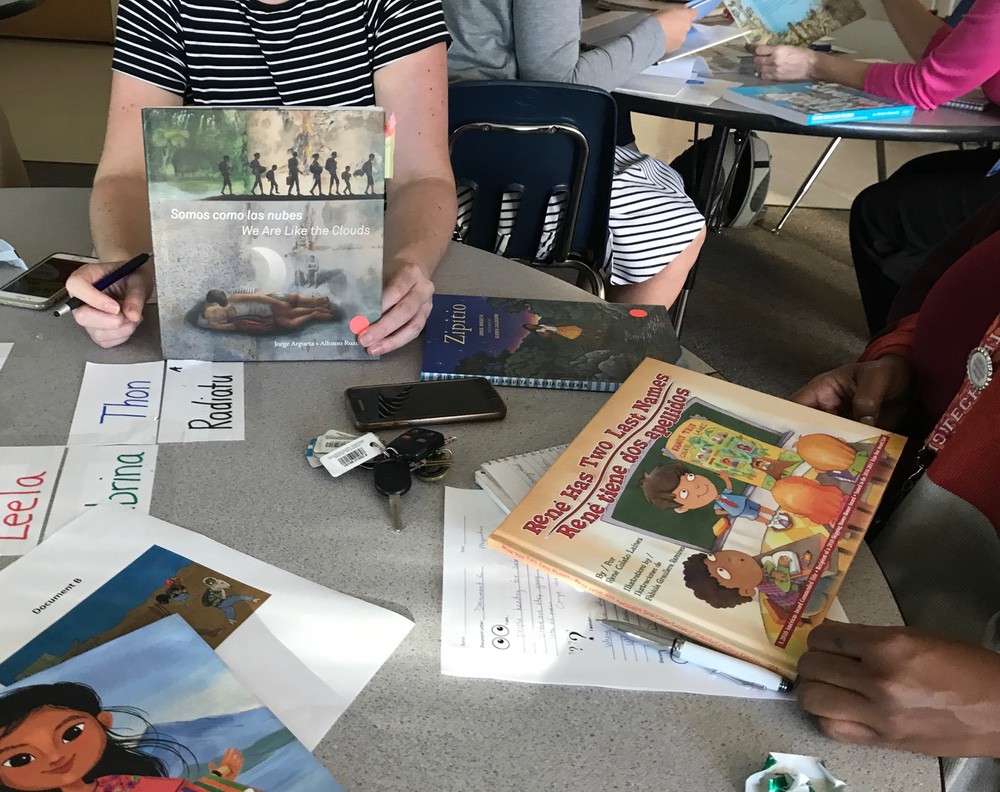
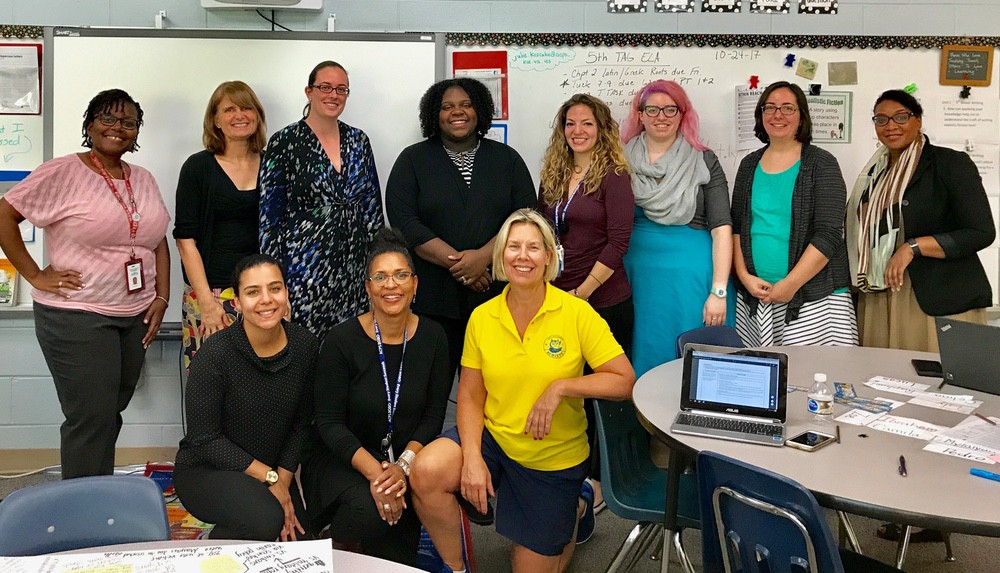
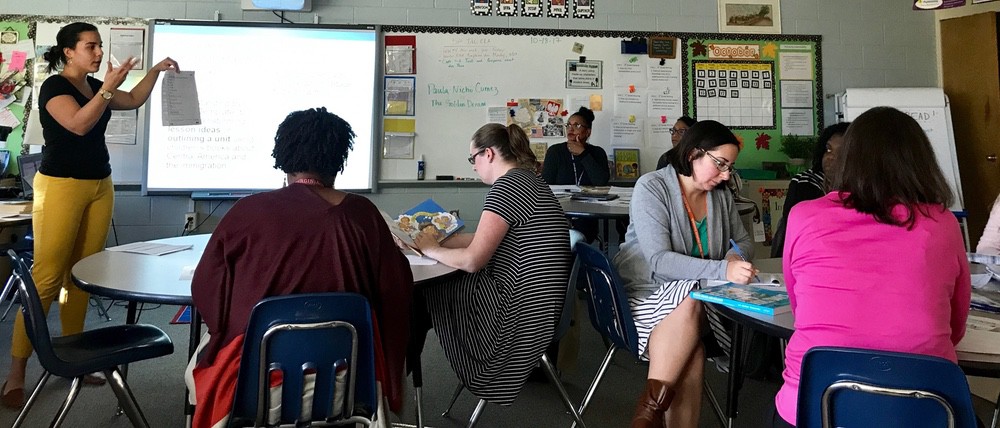
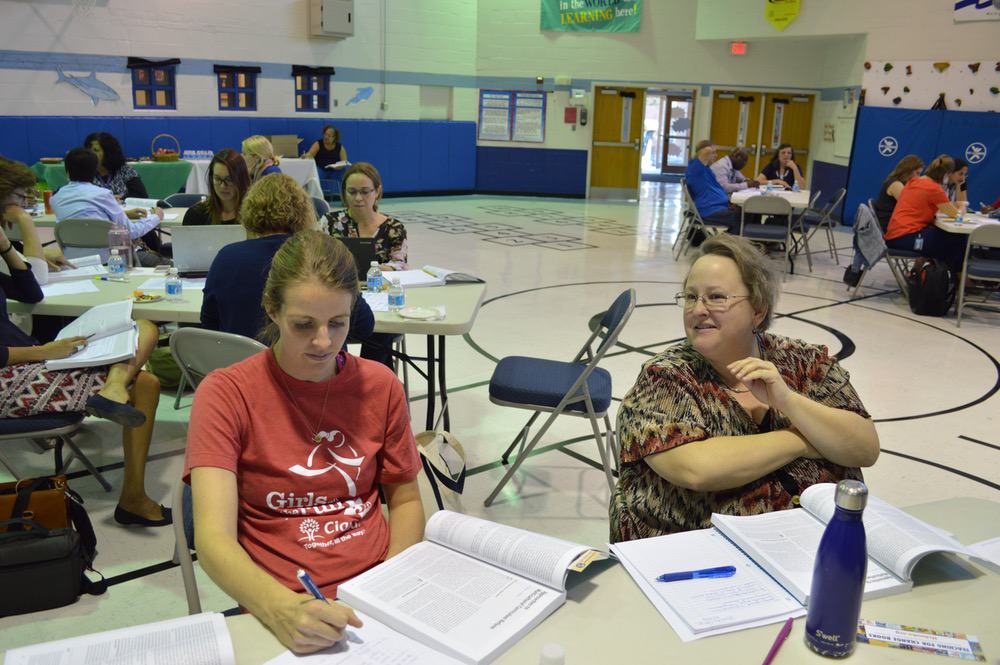
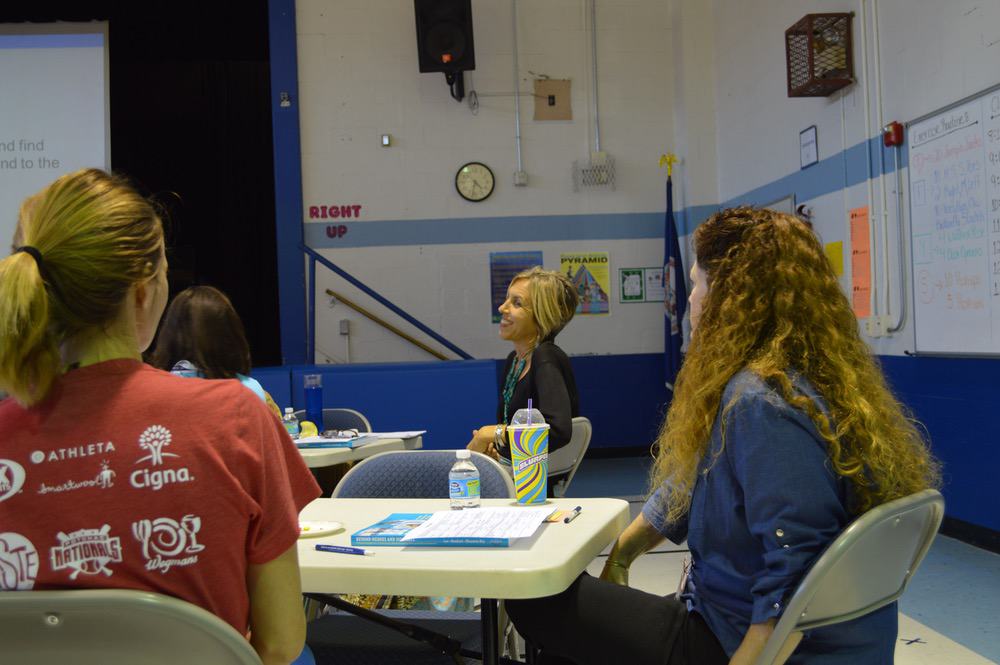
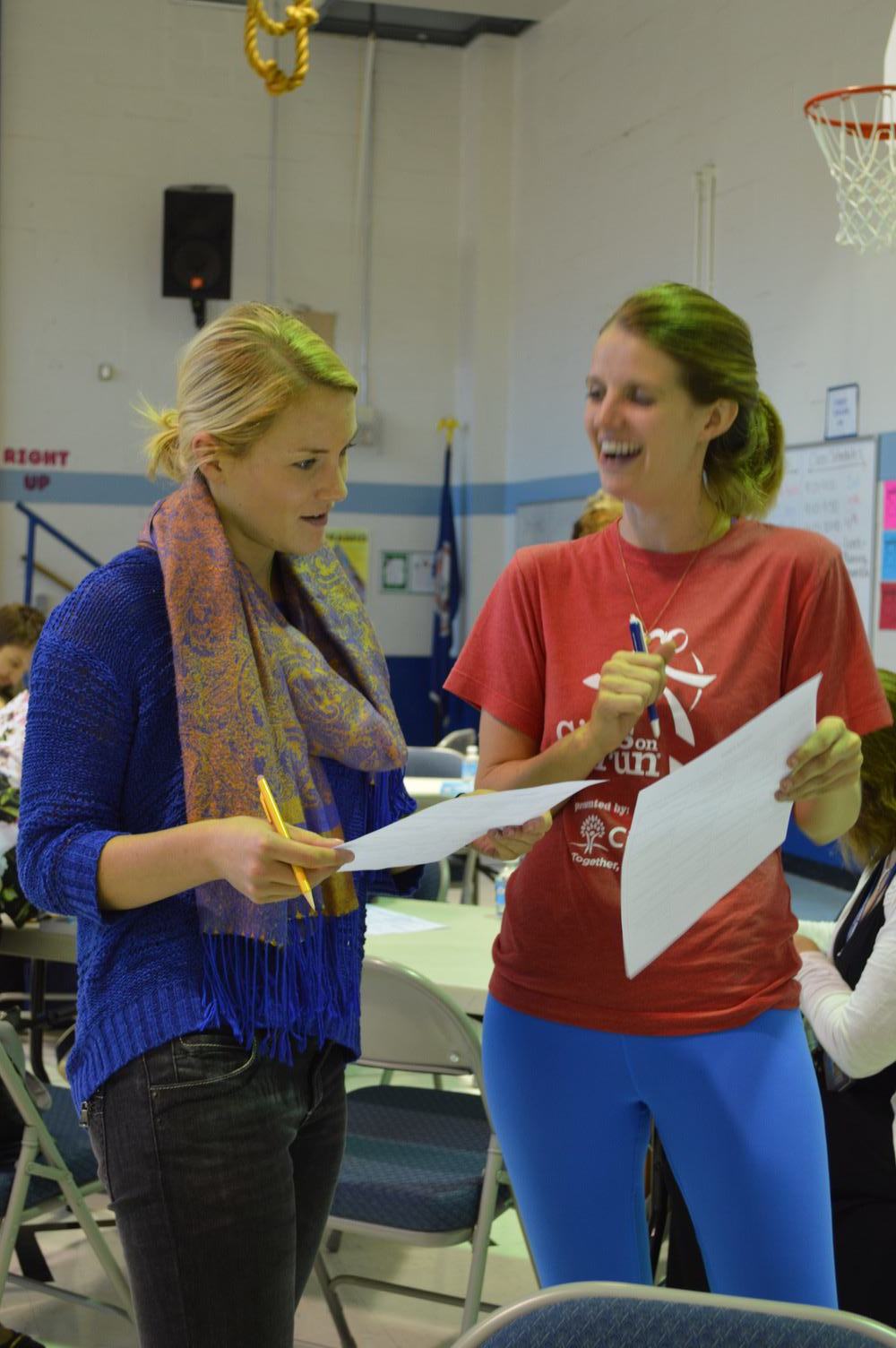
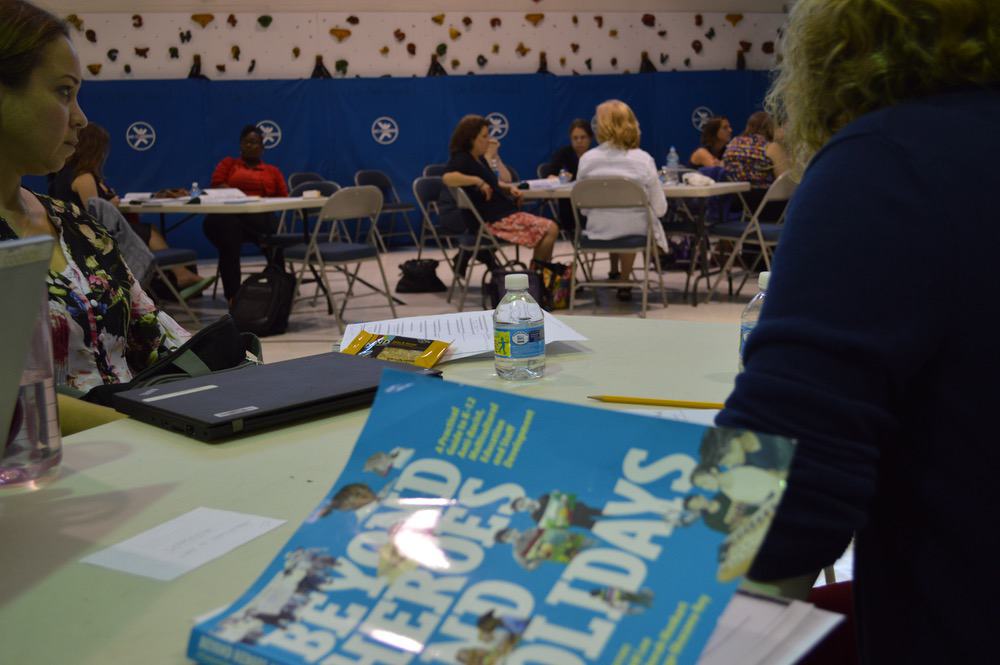
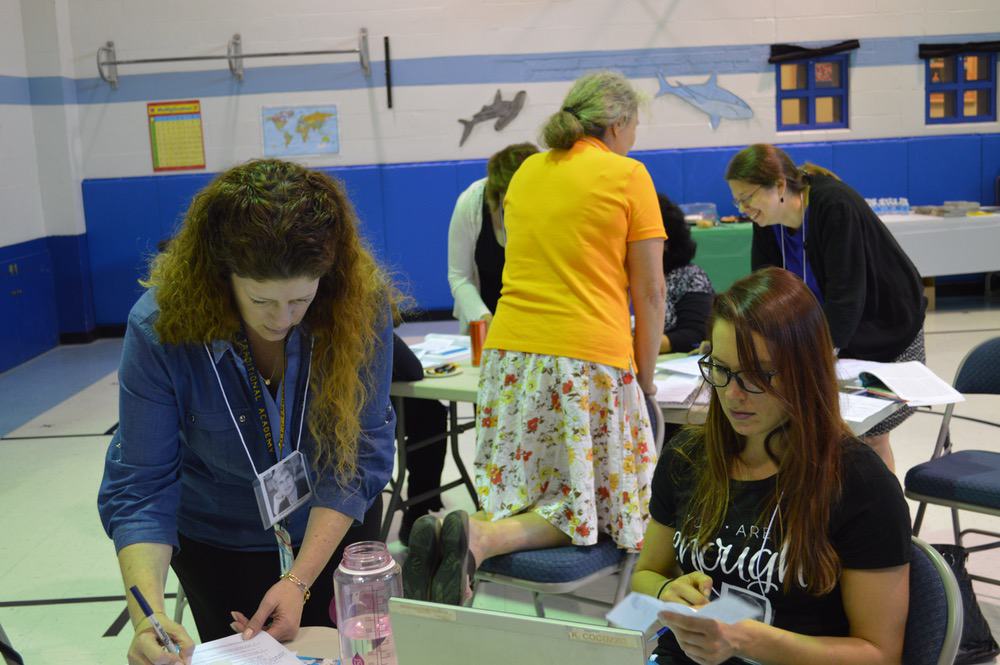
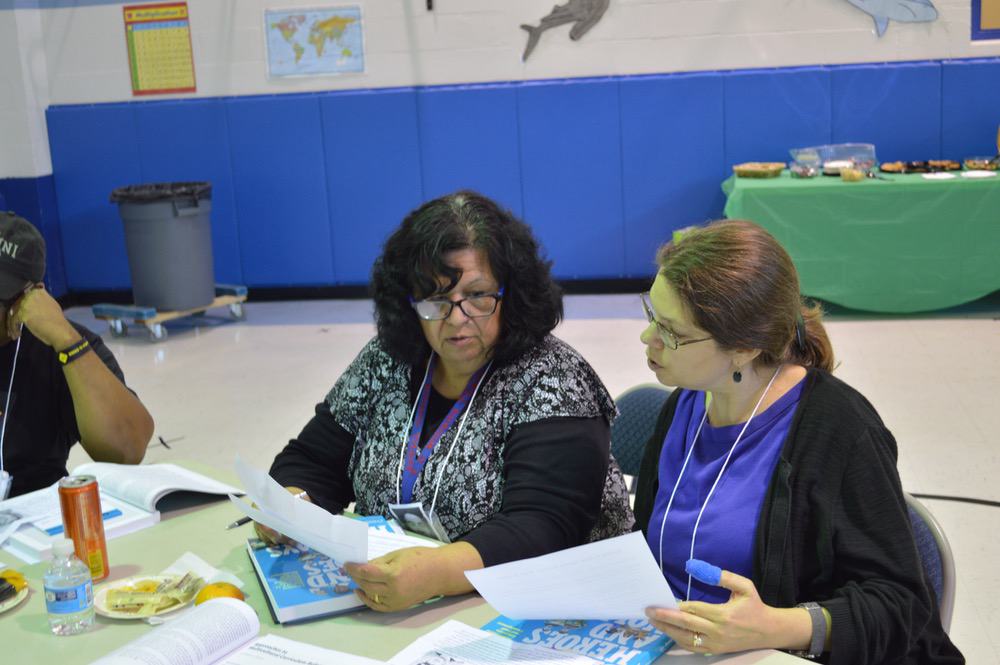
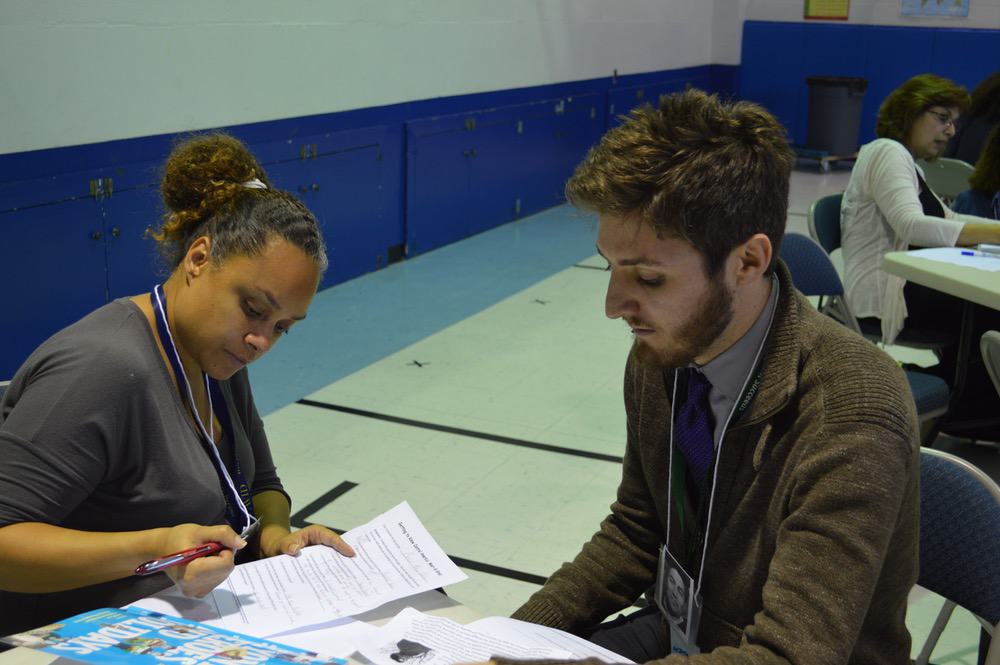
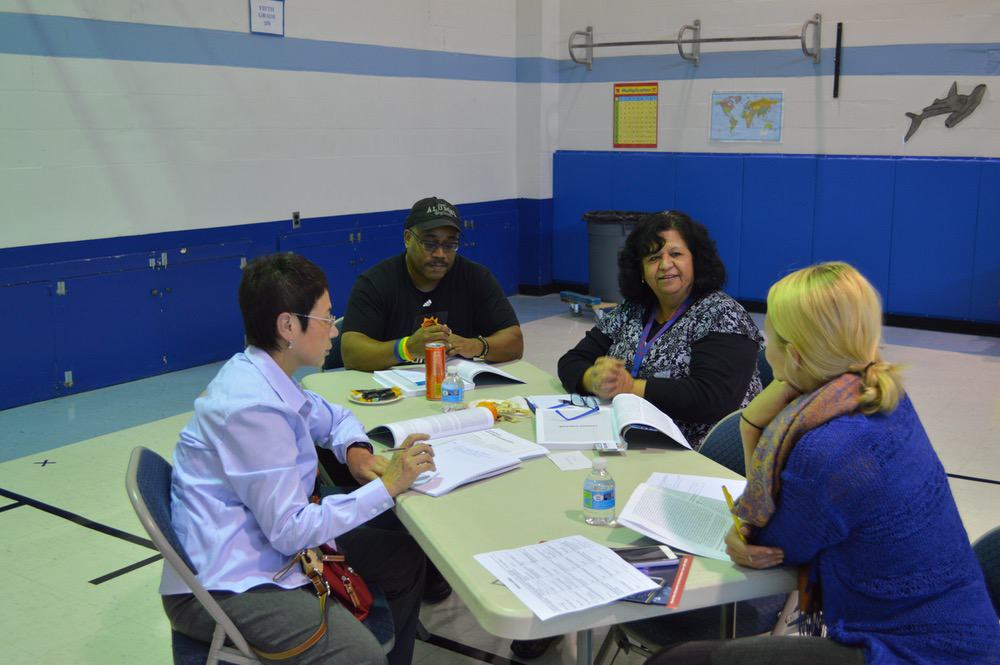
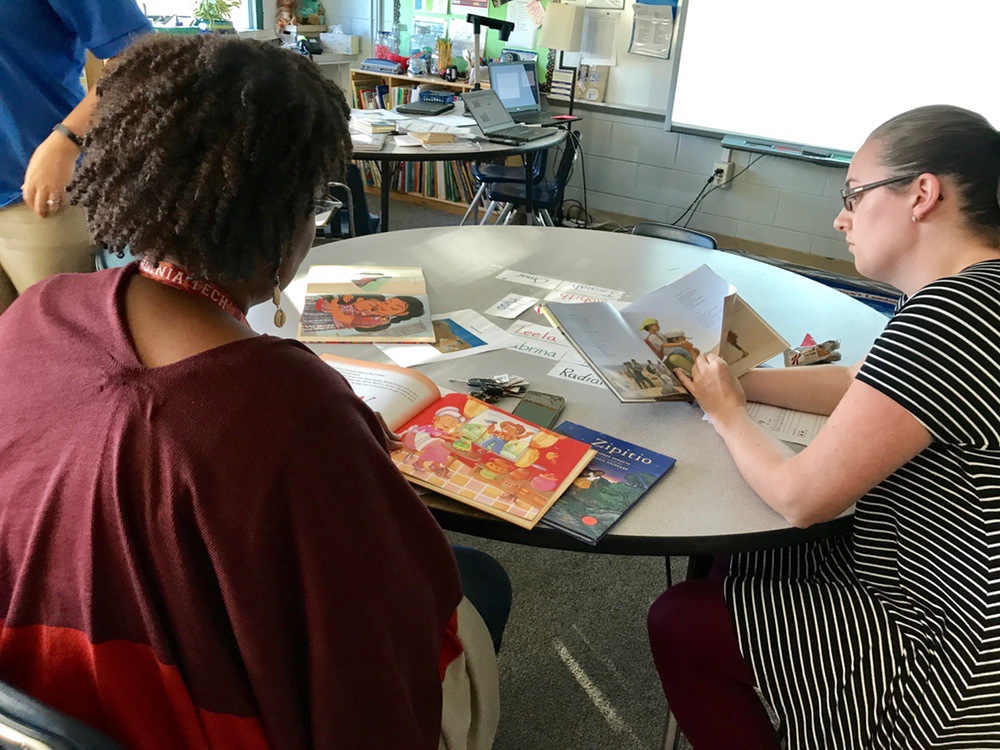
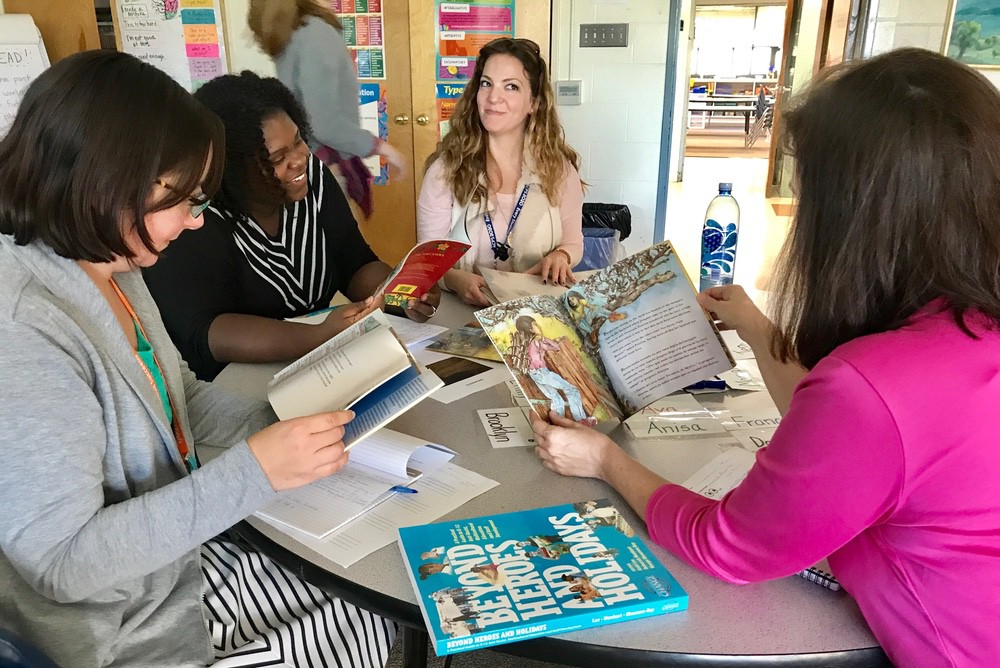
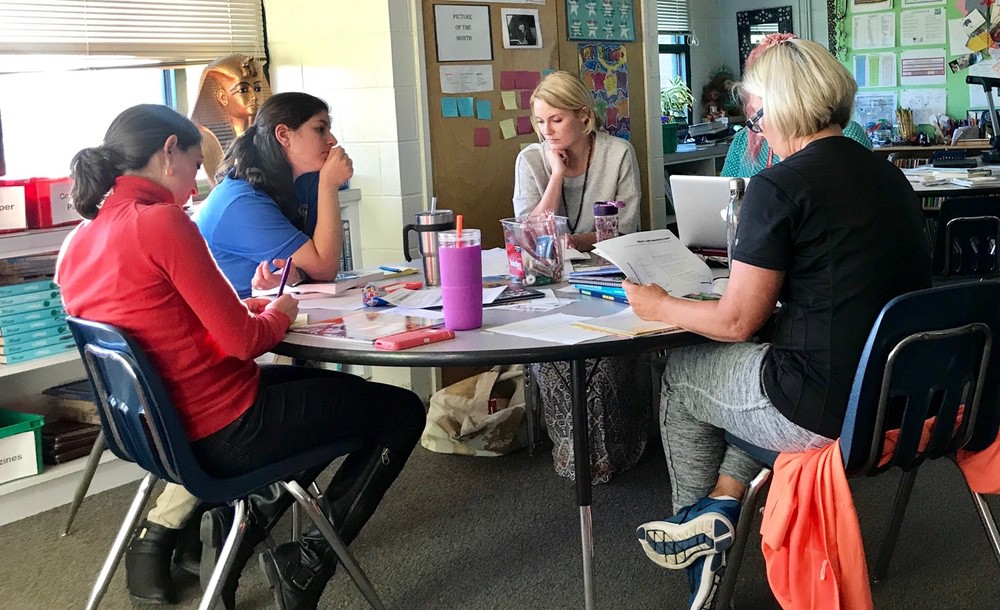
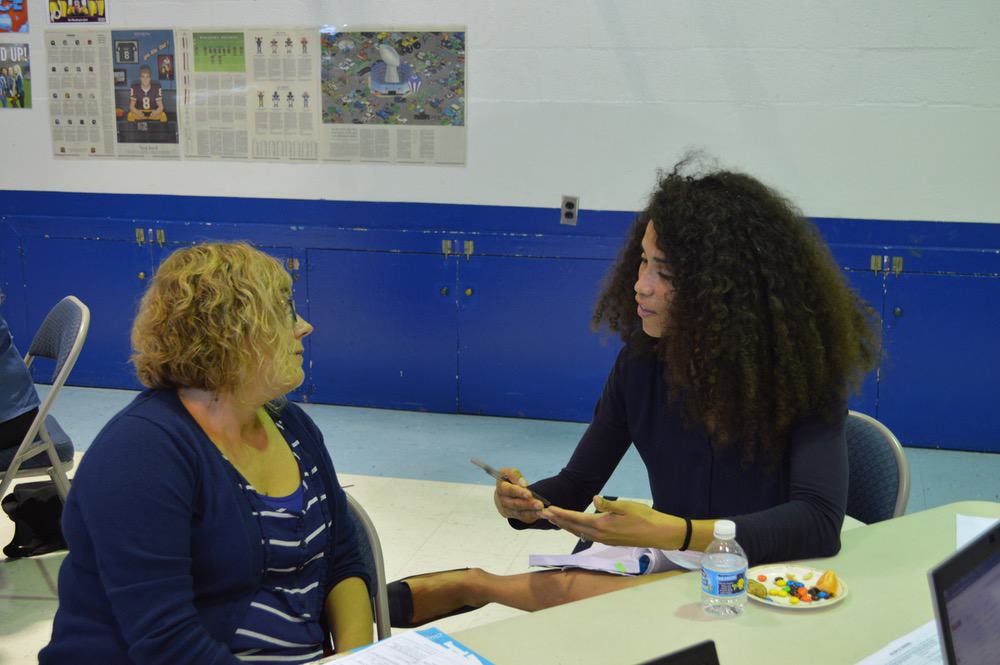
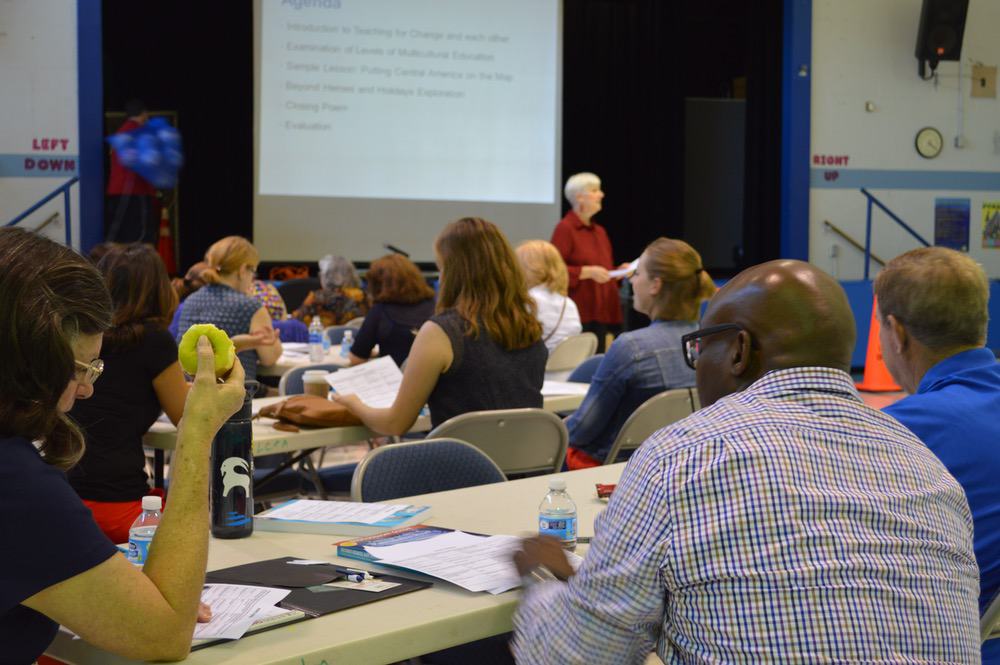
Feedback indicated that participants wanted more historical background knowledge on the civil wars in Central America and instructional resources and strategies for teaching about the migration north. Therefore, during the second session, we showed a segment of Harvest of an Empire on the war in El Salvador, U.S. involvement, and reasons why Salvadorans migrated to the U.S. in large numbers during the 1980s.
Following the film, participants explored examples of how educators were using the resources from teachingcentralamerica.org to develop their units on Central America. We shared the example of third-grade ACPS educator Andy Grayson’s curriculum that compared the civil war in El Salvador with the civil war in Guatemala. Participants also engaged in an “I see, I wonder” activity developed by Grayson which uses images related to the migration north to encourage students to make observations and inquiries about the experience.
Finally, educators were given the opportunity to read a variety of books about migration and were then given time to plan their units of study. One educator began to develop a math lesson using the book Let’s Go See Papa! by Lawrence Schimel. Another set of co-teachers developed lessons using books like Wilfredo: A Boy From El Salvador to teach their kindergarteners about citizenship and empathy.
Feedback from the second session revealed educators wanted even more information about the civil wars in Central America. Faye Colon, coordinator of professional development at Teaching for Change, developed a building background knowledge activity so educators could work collaboratively to learn about the civil wars in El Salvador, Guatemala, and Nicaragua.
Here is what educators had to say about the workshop:
I learned...
Important background knowledge on Central American civil wars and also U.S. companies and politics, and how they negatively influenced the region.
So many valuable resources for our classrooms!
History of the cultures, the challenges of the people, the decisions they made to leave their countries to start a better life. How the U.S. plays a part in the issues the country faced.
Would you recommend this course...
Yes, absolutely! Half (approximately) of our school is made up of Hispanics, and I think teachers can definitely benefit from being exposed to the perspective of Central Americans in order to understand their students and improve their teaching.
Yes. If you teach students from Central America, this workshop is a MUST! You will learn about resources, lessons, strategies, and so much more to make the learning meaningful for your students.
Yes, it gives good background knowledge about what some kids and families may have experienced and how to include them in the curriculum.
Yes, because I think colleagues need an opportunity to be more aware.
Yes, because so much of this information is not taught to us yet impacts the families we work with.
Other comments and suggestions...
I appreciated you integrating our feedback into the session agenda
Thank you for giving us time to plan and bounce ideas off of each other
I am glad to be taking time to learn about Central American culture and how it impacts my thoughts and students
Thank you for the valuable course. Maybe a 4th session focusing on issues Central American students/children are facing in schools today (with regards to immigration, racism, etc.)
Our thanks to Cheryl Robinson, ACPS Cultural Competency Coordinator, for coordination of this groundbreaking course.



